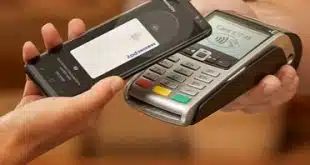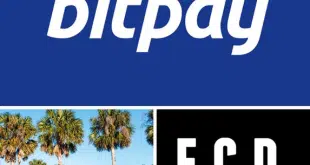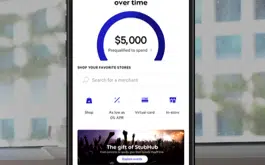Once perceived as a payment method for drug dealers and shady merchants craving anonymity, the Bitcoin virtual currency is now accepted at approximately 75,000 merchants worldwide, and their numbers are growing fast, according to a new report by First Annapolis Consulting Inc. Even so, it will be a while before Bitcoin becomes a mainstream payment method, the report predicts.
About 90% of Bitcoin-accepting merchants are e-commerce businesses while the rest are brick-and-mortar merchants, says the report, which cites numbers published by Bitcoin specialty processors Coinbase and BitPay Inc. The biggest sectors include computer, technology, electronics and apparel retailers as well as travel services and food. The average Bitcoin sale is about $400, more than four times the typical bank credit card purchase of $90.
Bitcoin will continue to gain merchants, but remain a niche payment method for the near term, the report predicts. The currency’s main users today are tech-savvy males ages 18 to 45 years, according to report author Chris Dickey, an associate at Annapolis, Md.-based First Annapolis.
“Yes, there is an increase, but to say it’s going mainstream is a reach,” Dickey tells Digital Transactions News. “We see it as a legitimate alternative payment method but we don’t see it going mainstream in the next year, two years.”
Online surplus-goods retailer Overstock.com Inc. put the spotlight on Bitcoin earlier this year by becoming one of the first big retailers to accept the digital currency. Overstock has publicly reported its Bitcoin sales and is now selling about $15,000 a day in goods through the currency, First Annapolis says, citing a press report. Other prominent brands that recently began accepting Bitcoin include Newegg, 1-800-Flowers, Dell, and Expedia.
Coinbase and BitPay are the merchant acquirers for most mainstream Bitcoin retailers. BitPay claims it is signing 500 to 1,000 merchants per week. “These are a new class of acquirers that are willing to accept the risk of Bitcoin price volatility and don’t need traditional acquirers to process payments,” the report says. “These companies convert Bitcoin to U.S. dollars, or another fiat currency, immediately after payment, reducing the merchant’s exposure to volatility risk.”
Beyond the work of those two processors, Dickey believes Bitcoin acceptance also will accelerate because merchant aggregators such as Square, Shopify, Intuit, and Etsy allow their merchants, mostly small and mid-sized business, to accept the currency. Still others, including Global Payments, PayPal and its Braintree affiliate, and gateway Digital River, have referral agreements with Coinbase or BitPay to integrate Bitcoin payments. “The success of early adopters Digital River and Global Payments could quickly spur other providers to enter this market, either in the form of PSP [payment service provider] facilitation or direct Bitcoin acquiring and assumption of risk,” the report says.
One of Bitcoin’s selling points is its low cost relative to credit cards. One percent of the sale is the typical Coinbase charge, roughly half that of a credit card. BitPay typically charges 0% but makes its money on foreign-exchange currency spreads, according to the report.
More acquirers “are definitely looking at” providing Bitcoin acceptance, Dickey says. Still, First Annapolis suggests that payments providers put the virtual currency on their “medium-term radar” and learn about its advantages and disadvantages before investing in the provisioning of such services.





